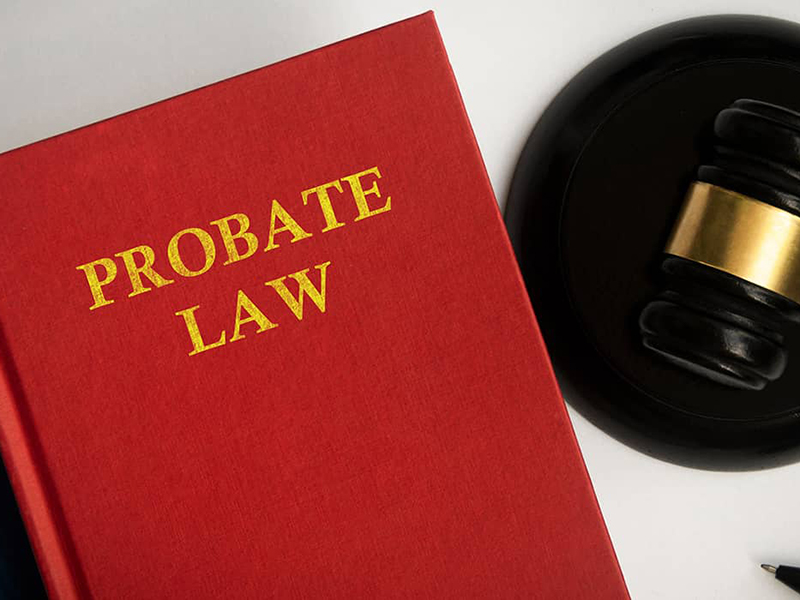Michael S. Simone, Esq.
Managing Attorney

When a person dies, their estate must go through probate before it can be distributed among the beneficiaries. In New Jersey, regardless of the size, the process is the same for probating an estate with the Surrogate’s Office in your County, how probate works, and how and where you can get help.
Probate is a legal process in which a will is proven valid or invalid, and estate assets are managed and distributed after someone dies. Surviving family members might have to go through probate if the decedent left behind assets that weren’t jointly owned or held in a trust. Doing so will require you to go to court and pay probate fees.
If you don’t know what this means, don’t worry. It’s not something most people think about very often. However, it can be helpful to understand your options when making estate plans—especially if you’re an executor.
Probate allows an executor (the person appointed by the decedent to carry out the terms of their will)) access to collect the decedent’s assets so they can distribute them properly among family members or friends who were named as beneficiaries in the will.
These assets may include:
An estate’s value is determined by calculating the assets owned at the time of death (money in a bank account, real estate, investment accounts, etc.). While some of these assets will already have a monetary value assigned, some will require a professional appraisal.
However, a proper estate plan can shelter your assets from this calculation and, therefore, having to file probate, by transferring them to your beneficiaries immediately upon death. We’ll get into that later.
Even if you have a will, your estate must go through probate if your assets are not jointly owned or held in a trust.
Probate laws vary, but common assets that are subject to probate include:
Assets that are generally considered non-probate assets include:
Going through probate can be expensive. Court fees, filing fees, attorney fees, and other probate costs can threaten to bankrupt you. But you may be able to avoid it altogether.
There are two ways to avoid probate. The first is to hold your assets in a trust, naming the trust’s beneficiaries. This can make it easier for your immediate family members who inherit property through a trust to manage their inheritance without going through probate court.
The second option is to put some or all of your assets in joint ownership with the right of survivorship (JTWROS). That means that when you die, ownership transfers immediately from yourself and any co-owners into the hands of the living people who own it—which can also eliminate an expensive court process.
Additionally, in community property states like California or Texas, if you died and were married at any time during your life (even briefly), then half of all assets acquired during the marriage belong equally to both husband and wife even though only one spouse may have paid for them initially (this ensures that the other spouse gets their share when the other passes away).
These are all things to consider when building an estate plan.
A probate lawyer can help you with several tasks related to your estate.
If you want to avoid probate entirely, it’s important to consider the options. Probate can be a long and expensive process—and one that requires a lot of work on your part. An experienced probate lawyer can save you time and money by handling all the details.
Contact our attorneys at The Simone Law Firm today for a free consultation.
The core values of our team distinguish our firm from all others. We know there are many choices in legal representation and we appreciate you considering our firm for your legal needs. Our firm has maintained great relationships with our clients with some lasting over twenty (20) years. Our satisfied clients demonstrate the dependable, trustworthy, honest and efficient representation that we provide in order to vigilantly protect and serve our clients’ legal needs.